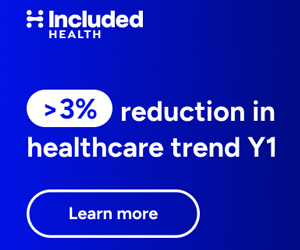By JESSICA DaMASSA, WTF HEALTH
It’s not difficult to get Seqster’s CEO Ardy Arianpour fired up, but to get to the details about his business and what he refers to as its “f-ing incredible tech stack,” takes a little doing. Is Seqster a health data analytics company like Clarify Health or Komodo Health, or more of a longitudinal patient health record startup like bWell or Picnic Health?
According to Ardy, these companies would actually make great Seqster clients, and that his tech would serve as the ideal, white-labeled operating system upon which they could engage with patients, collect their data, and examine it alongside EMR data, pharmacy data, social determinants of health data, and even genomic data. While those aforementioned health tech startups might be able to do many of these services themselves, the life sciences companies, health systems, health plans, digital health startups, and non-profit patient registries Seqster does count as clients are using its platform for everything from running decentralized clinical trials to providing patients with a longitudinal single-source medical record.
Ardy breaks down the “operating system” approach Seqster is taking, and how he sees his platform becoming as the “Salesforce of healthcare.” Beyond the specific examples that really bring this concept to life, we talk about what’s ahead for the business, which has raised $23 million in total funding and, interestingly, counts both Takeda Digital Ventures and 23andMe’s CEO and Founder, Anne Wojcicki on its cap table.















